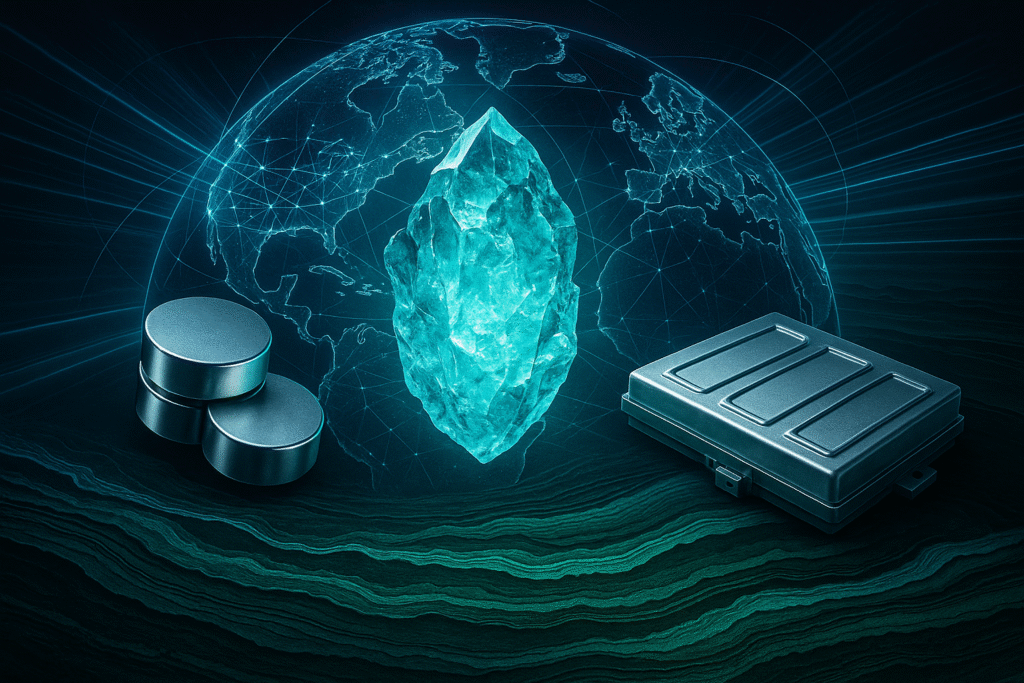
A data-driven look at Brazil’s critical minerals and the new PNMCE — without exaggeration.
The global clean-energy transition created an unprecedented demand for minerals such as lithium, nickel, cobalt,
graphite and rare earth elements. These materials are essential for electric vehicles, solar panels, wind turbines,
grid-scale batteries and AI hardware.
According to the International Energy Agency (IEA), demand for lithium may grow over 40× by 2040, and minerals like
graphite and cobalt may grow several times compared to 2020 consumption levels.
Brazil’s PL 4443/2025 — the proposed Política Nacional de Minerais Críticos e Estratégicos (PNMCE) —
establishes a structured national strategy to monitor, industrialize and secure these minerals within Brazilian territory.
(Reference: PL 4443/2025)
Based on Igarapé Institute, Wilson Center, ANM and USGS:
These figures are not speculative; they are supported by multiple international mineral surveys and Brazilian ANM data.
They confirm that Brazil is undeniably one of the strongest geological players in the world.
The bill establishes a national framework for critical minerals, including:
Everything in the bill focuses on value creation inside Brazil, not merely exporting raw ore.
The law introduces Zonas de Processamento de Transformação Mineral (ZPTM) — special industrial zones designed
specifically for minerals considered critical or strategic (PL 4443/2025, Articles 5–6).
ZPTMs will:
This is a practical way to shift Brazil’s role from exporter of raw materials to manufacturer of
battery-grade inputs, magnets, catalysts, alloys, and semiconductor materials.
The bill also recognizes the importance of minerals essential for food security:
Including fertilizer minerals is a critical component for Brazilian agribusiness stability.
The world currently depends heavily on China for mineral refining:
Brazil, with large reserves and political stability, is positioned to become a strong alternative supplier for the USA,
EU, India and Japan.
PL 4443/2025 creates the regulatory and industrial foundation needed for Brazil to participate in the global clean-tech
manufacturing chain — not only as a miner, but as a strategic industrial partner.
Brazil’s rare-mineral potential is unique and globally relevant. With realistic numbers and a grounded policy approach,
PL 4443/2025 demonstrates how Brazil can move from an exporter of raw ores to a central actor in the clean-energy
revolution. If implemented effectively, the PNMCE will strengthen Brazil’s energy, industrial and technological
sovereignty for decades to come.